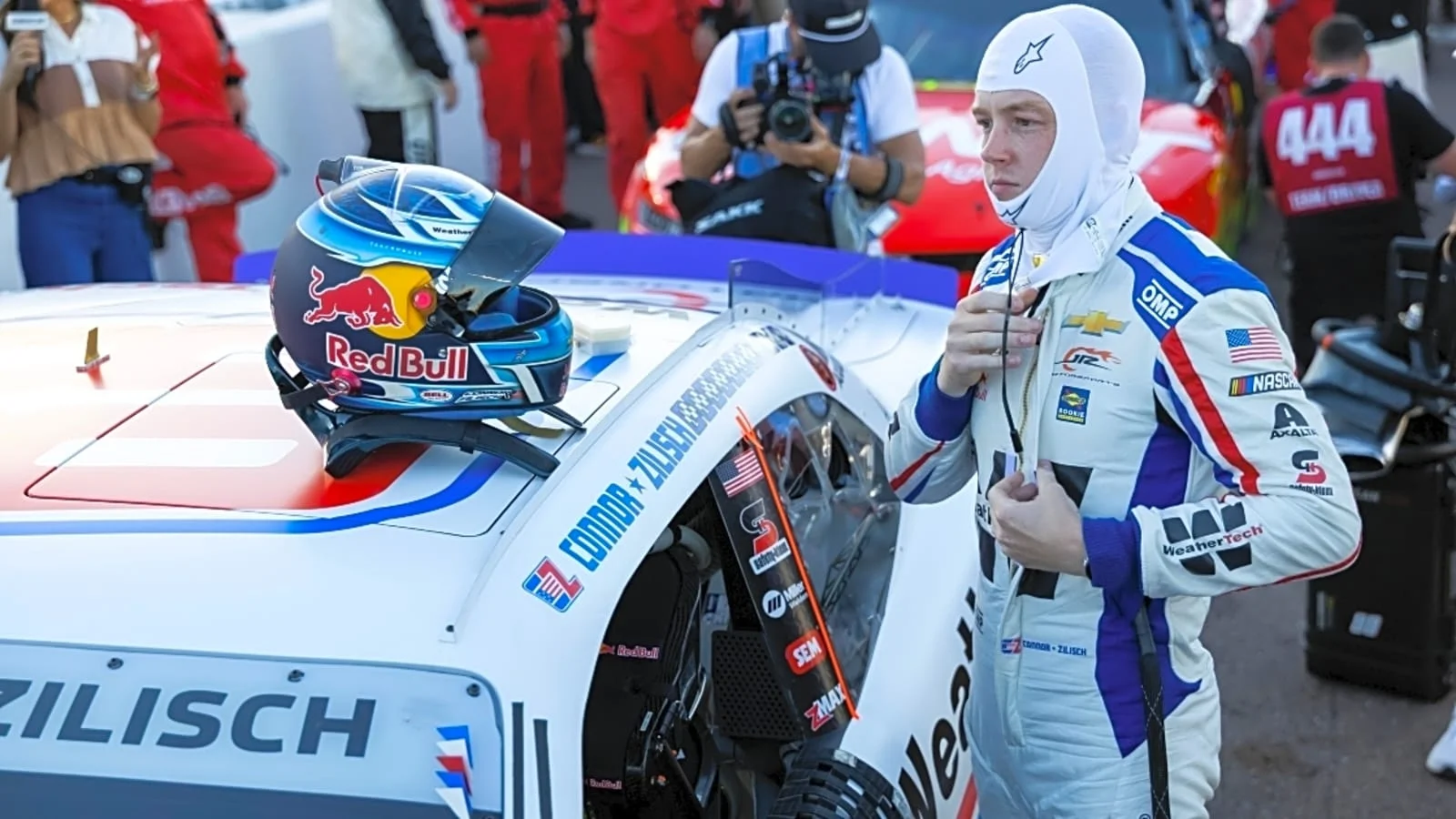Connor Zilisch delivered a remarkable performance in the 2025 NASCAR season, yet despite achieving 10 wins and numerous top finishes, he fell short of claiming the coveted Connor Zilisch Xfinity Series championship. This outcome, while discouraging for many observers, continues a long-standing trend in NASCAR history where the driver with the most victories does not always secure the series title.
Historic Precedents: High Win Totals, No Championship
The sport has repeatedly witnessed seasons where the most dominant drivers by victories missed out on championships. For example, in 1985, Bill Elliott seemed untouchable in the Cup Series, securing 11 victories out of 28 races, taking home the Winston Million, and earning 11 poles. Throughout that season, Elliott consistently finished at the front, completing over 92 percent of the laps and leading a total of 1,920. However, he ultimately lost the championship to Darrell Waltrip, trailing by 101 points.
Waltrip, racing under Junior Johnson, only tallied three wins that year but amassed 18 top-five and 21 top-10 finishes. Notably, Elliott struggled in the final stretch, following his Southern 500 win at Darlington. During the subsequent four races, his best showing was twelfth place, compounded by a transmission setback at North Wilkesboro that left him 30th. In contrast, Waltrip excelled, winning two events and consistently placing in the top five. The season ended at Riverside in California, where Waltrip finished seventh and Elliott was 31st, sealing the championship for Waltrip despite Elliott’s superior win count.

Title Race Drama Beyond Race Wins
Another memorable example surfaced in 1992, with one of the most intense championship contests in NASCAR. That year, Bill Elliott and Davey Allison both earned five victories—the season’s most—while Alan Kulwicki won only two. All three drivers collected 17 top-10 finishes out of 29 races, but Allison led with 15 top-fives.
The final race of the season saw six drivers, including Elliott, Allison, Kulwicki, Harry Gant, Kyle Petty, and Mark Martin, all mathematically able to capture the championship. Allison’s hopes dissipated after a crash, shifting the balance. Kulwicki capitalized by leading the most laps, and although Elliott won the race, Kulwicki secured the championship by a mere 10 points, further proving that the most race wins do not always guarantee the championship.
Other Noteworthy Cases and Point System Evolution
This pattern extended to 1973, when Benny Parsons won the championship with only one win across 28 races. David Pearson claimed an impressive 11 victories but was not eligible for the championship, having participated in just 18 events that year.
Such stories are part of NASCAR’s long history, where various points systems have been used prior to the playoff format instituted in 2004. Richard Petty notably stands out as the only driver to win championships under every system the sport implemented.
Zilisch Joins the List of Uncrowned High Performers
Connor Zilisch joins a list of drivers who experienced heartbreak despite exceptional seasons. In 2025, he recorded 10 wins out of 32 races, reaching an incredible streak of 18 consecutive top-ten finishes, alongside 20 top-fives and 23 total top-tens. Yet, these achievements were not sufficient to earn the Connor Zilisch Xfinity Series championship title. This underscores an enduring principle of NASCAR: no matter the championship formula, simply winning the most races has never ensured a driver’s championship—an aspect that traces back to the organization’s debut in 1948.
Looking Ahead: The Ongoing Debate Over Championship Formats
The narrative of drivers like Connor Zilisch, Bill Elliott, and Alan Kulwicki highlights persistent debates regarding NASCAR’s methods of determining champions. As formats continue to evolve and the organization experiments with ways to reward both consistency and race-winning ability, competitors and fans alike are left to consider what defines the true measure of a championship season. For now, Zilisch’s 2025 campaign stands as yet another testament to the complexities of achieving NASCAR greatness, where victory totals are only part of the story.
